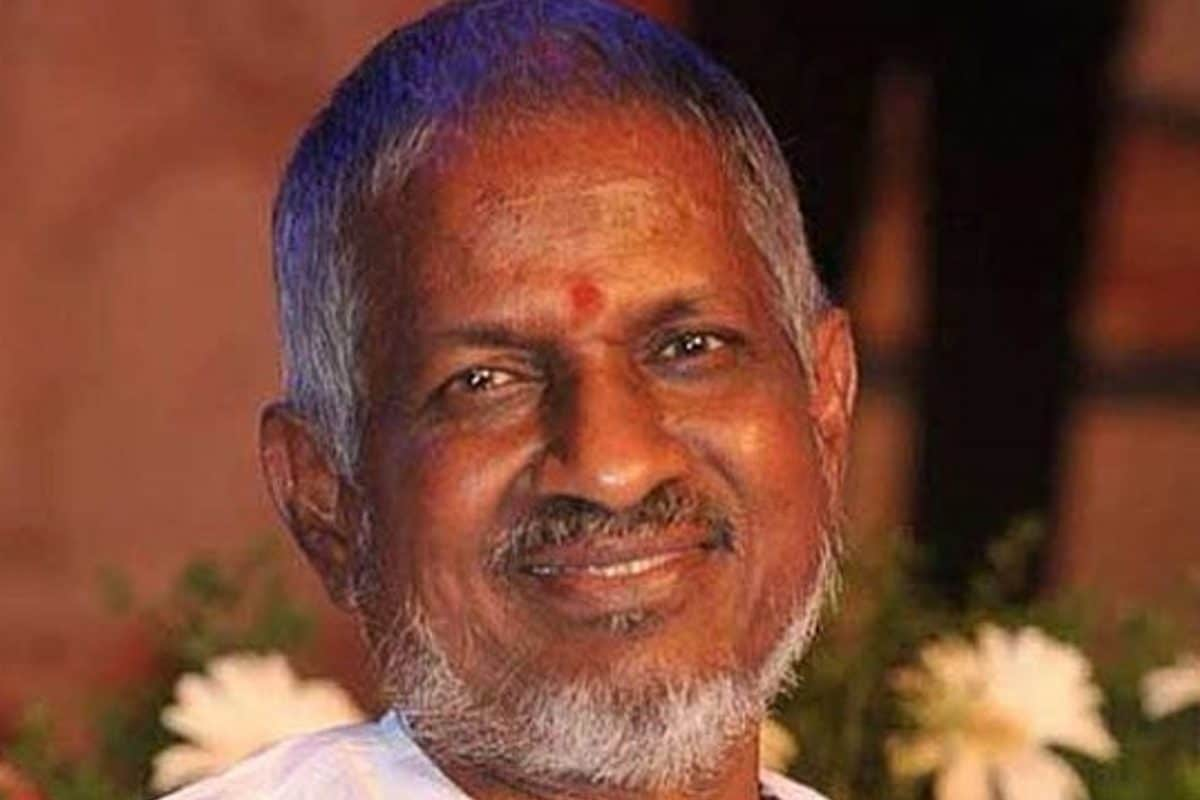Why has music maestro Ilayaraja been nominated to Rajya Sabha?

Many believe that Ilayaraja’s praise for prime minister Modi and the BJP’s agenda to give token representation to Dalits led to his nomination.
Basil Islam | TwoCircles.net
KERALA — Veteran music composer Ilayaraja, popularly known as Isaignaani (Tamil for music maestro) was nominated to Rajya Sabha Thursday, July 7. Other nominations to the upper house of Parliament include sports icon PT Usha, screenwriter Vijayendra Prasad and spiritual leader Veerendra Heggade.
Starting his career in the mid-1960s, Ilayaraja remains the tallest figure in the Indian music industry.
Born as Gnanathesigan to a Dalit family in 1943 in Tamil Nadu, he had to fight caste discrimination to become a musician. The composer has never spoken about his Dalit identity or caste. During controversies about his caste identity, he has preferred to remain silent.
Gnanathesigan started his life as a musician at a young age and would travel across South India performing in small kacheris (assembly of musicians and audience in the context of Carnatic music or Karnatick music) and public gatherings along with his elder brother Pavalar Varadarajan as a member of the “Pavalar Brothers” music group. Later, when his first film song was released in 1976, he chose Ilayaraja as his stage name.
In search of new prospects in the music industry, Ilayaraja moved to Madras in 1968 and became a student of musician and instrumentalist Master Dhanraj. He also became a gold medalist in classical guitar through a distance learning course at Trinity College of Music, London. He began his career as a composer with the film Annakili, directed by the duo Devraj-Mohan. Ilayaraja has come a long way since then, with over 8500 songs to his credit. Some of his all-time hit songs are Rakkamma Kaiyya Thattu from Thalapathi, Thenpandi Cheemayile from Nayakan, and Thendral Vanthu Thendum Pothu from Avathraram. He has also gained the love of Hindi listeners with Aye Zindagi Gale Lagaa Le from Kamala Hasan starrer Sadma. Ilayaraja integrated Indian folk music and traditional Indian instrumentation, mainly relying on Western classical music techniques.
Former Tamil Nadu Chief Minister and DMK leader M Karunanidhi named him Isaignani, which Ilayaraja has kept with him to date. Ilaiyaraaja has received five National Film Awards—three for Best Music Direction and two for Best Background Score. In 2010, he was awarded the Padma Bhushan, the third-highest civilian honour in the country. He was bestowed with the Padma Vibhushan in 2018.
Before coming into the mainstream, Ilayaraja, along with his brother Pavalar Varadarajan – a Communist Party of India member, started as a communist fellow traveller when the state was under the influence of the Dravidian movements. He chose to celebrate his birthday on June 2 instead of June 3 (his actual birthdate) out of respect for the late politician M Karunanidhi who also had the same birthday. But he has long kept himself out of vocal politics. He gradually moved out of the party and disavowed his oppressed social identity.
In April this year, Ilayaraja recently got into a controversy after he wrote a foreword to a book in which he compared prime minister Narendra Modi to B.R. Ambedkar. “Both saw poverty and stifling social structures from close quarters and worked to dismantle them, but both are also practical men who believe in action rather than mere thought exercises,” the music great wrote. The foreword also suggests that PM Modi has “strengthened the legal safeguards for socially marginalised communities through a number of laws and constitutional protections.” Many believe that this praise of PM Modi and the ruling party’s agenda to win Dalit votes by giving out token representations to their supporters from the community earned led to Ilayaraja's nomination to Rajya Sabha.
Basil Islam is an independent journalist and researcher based in South India. He tweets at @baasiie
